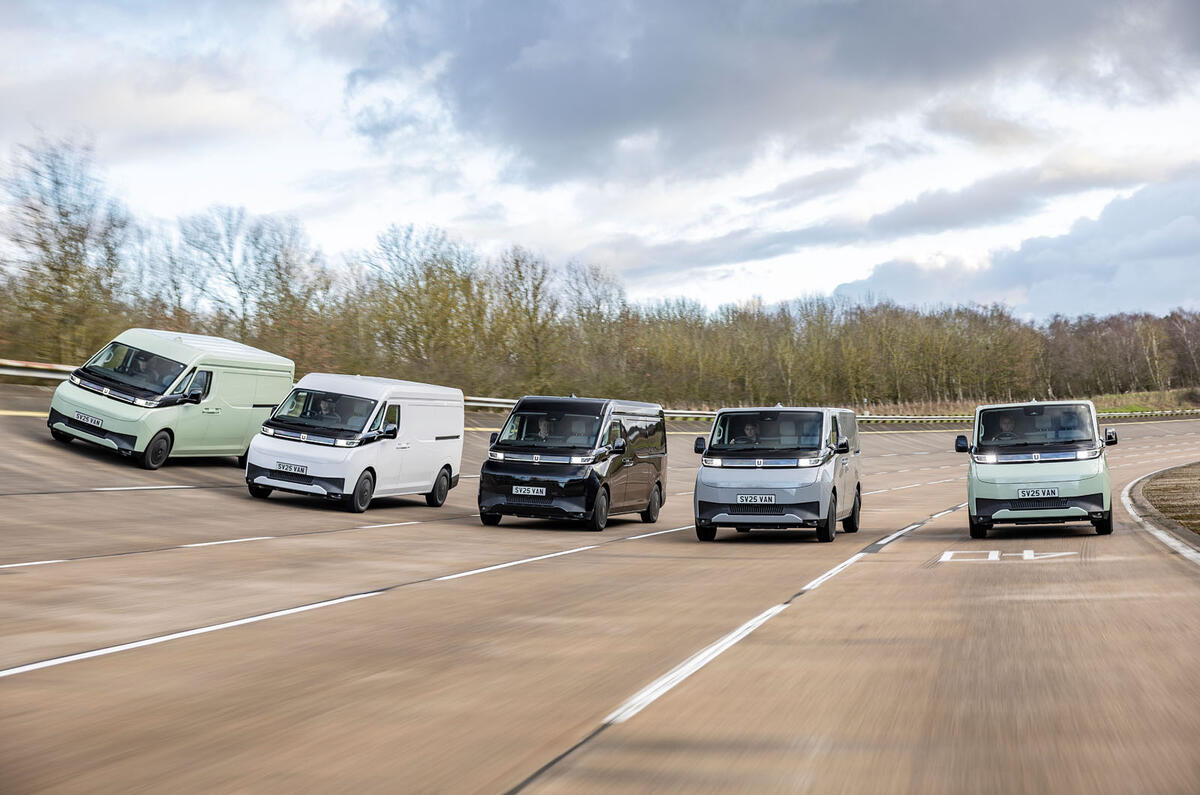China’s Geely, owner of car makers including Lotus, Volvo, Polestar, Smart and LEVC, is looking to shake up the UK’s LCV market with a new premium electric van brand.
Farizon, founded in 2016, is just weeks away from beginning UK deliveries of its flagship SV, a mid-sized van available in three sizes and with a range of different battery options, and it plans to tempt fleets away from established ICE-powered alternatives by offering a more usable and premium-oriented proposition.




Add your comment